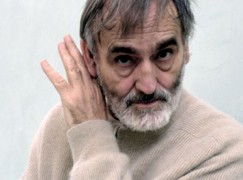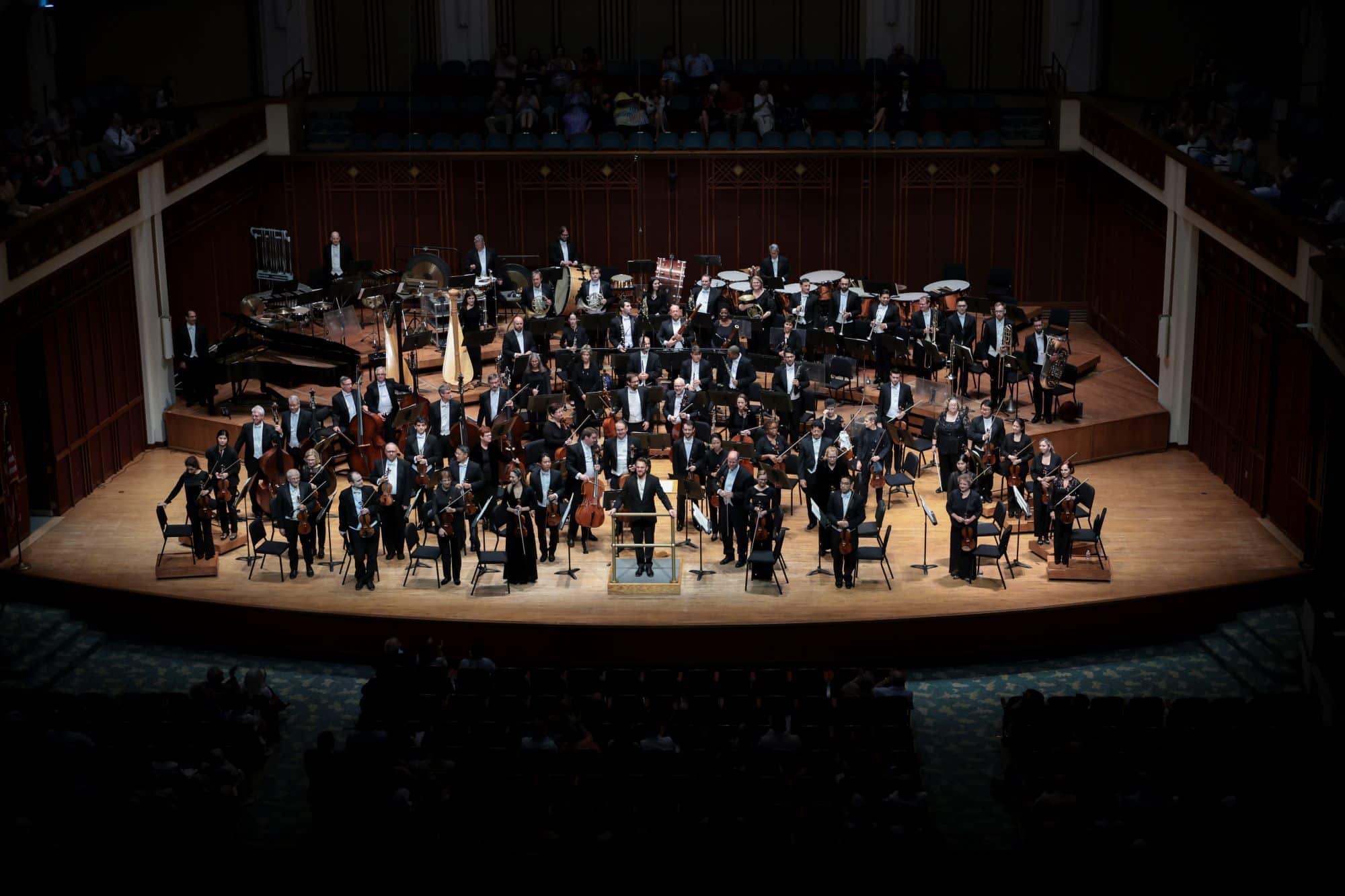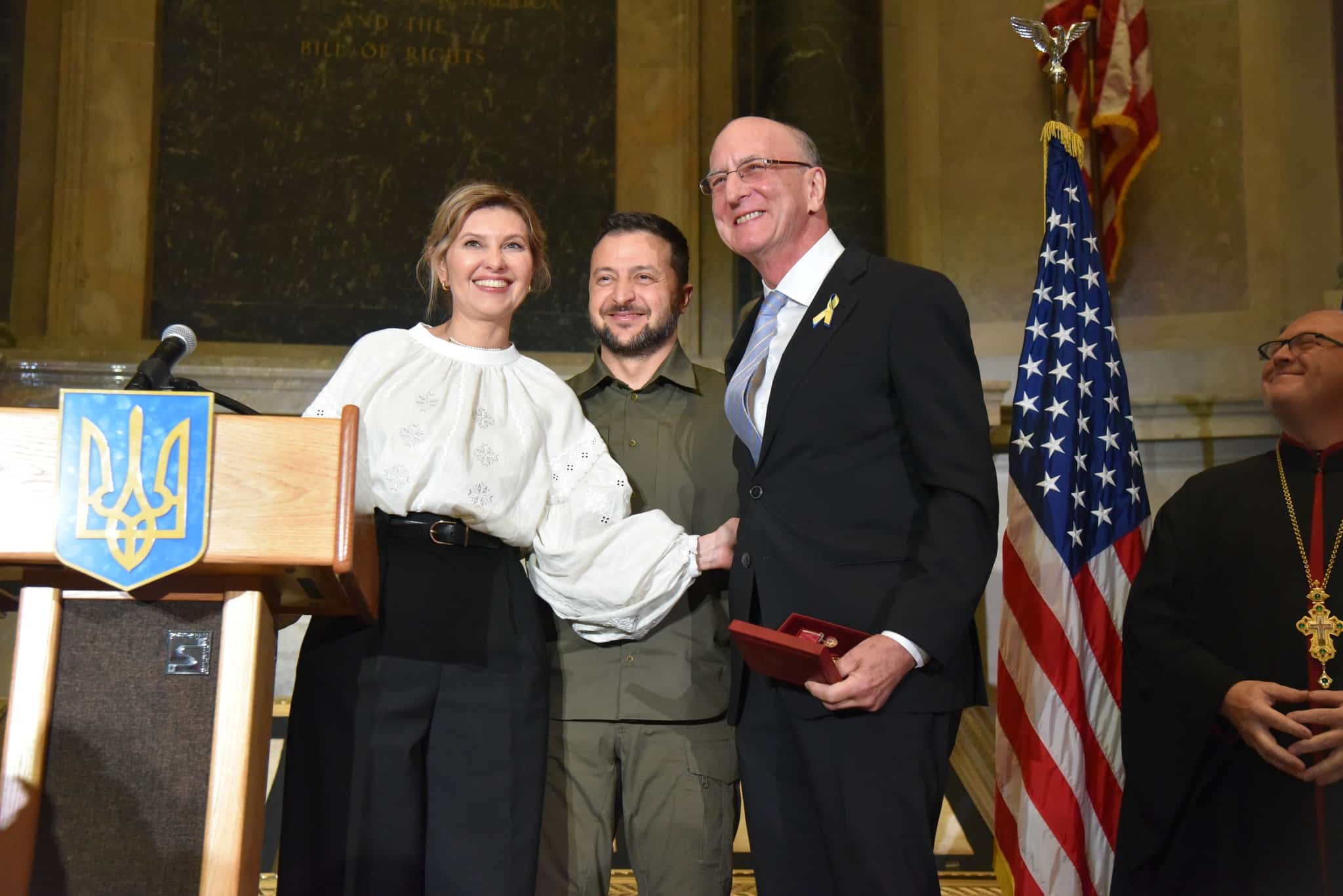Lachenmann brings out long new opus for 8 horns and massive orchestra
mainIt’s asparagus time in Munich and there are long evenings to fill.
The Bavarian Radio Symphony Orchestra won ovations last night for a new work by Helmut Lachenmann, which must have cost the GDP of a central African nation to rehearse and perform.
Lachenmann, 82 and obscurantist as ever, writes at his own dimensions. The work lasted 45 minutes.
Peter Eotvos conducted. The audience rose cheering to its feet, doubtless with admiration, possibly tinged with relief.






Comments